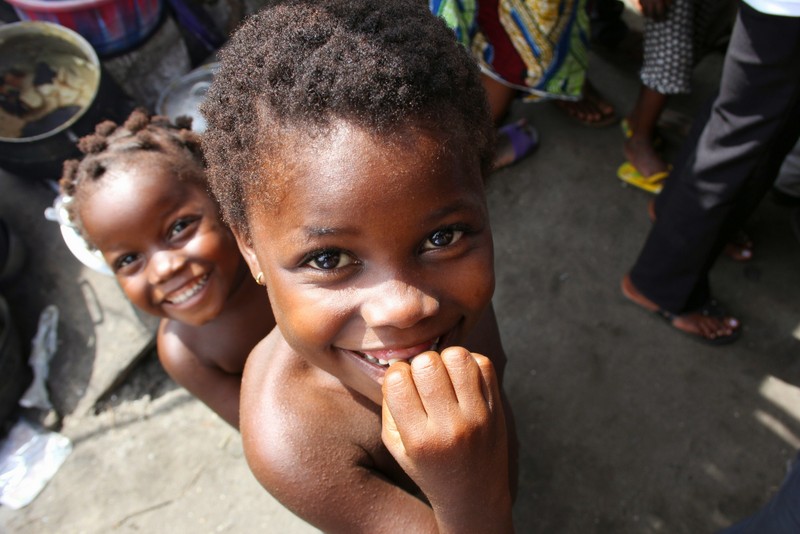
It’s almost become a cliché in the headlines. But in many ways, it’s true. It is a small world. While news of the measles outbreak at California’s Disneyland and information about vaccinations are making headlines this week, the American Red Cross has been focused on the virus—and its elimination—for nearly a decade and a half. Because measles anywhere means measles everywhere.
Even though measles was eliminated from the United States in 2000, outbreaks can occur when unvaccinated travelers pick up the measles abroad, importing the virus as an unwelcome, and often unknown, souvenir. Last year’s outbreaks in Ohio, Washington state, New York, San Diego and Nebraska have all been linked back to unvaccinated Americans that had recently visited measles hotspots abroad.
Those hotspots are exactly the type of places where M&RI is working the hardest. Since 2001, the Red Cross, as a partner in the Measles & Rubella Initiative (M&RI), has vaccinated 1.1 billion children in some 80 countries, helping to raise measles vaccination coverage to 84% globally, and reduced measles deaths by 71%. Which means there are less chances of measles being imported into countries that have already eliminated the virus. And while health advances have been impressive, outbreaks like the one in California—now confirmed at 51 cases—have clearly demonstrated that the work of M&RI is far from over.
The Red Cross serves a unique role in measles and rubella campaigns. In a world where one in every 500 people on the planet is a Red Cross volunteer, our reach is unsurpassed. And that reach enables us to go door to door in communities where campaigns are happening, both before, during and after, spreading the word to mothers and families. In order for a campaign to be considered successful, a 95% coverage rate is needed. Red Cross volunteers, neighbors living in the communities in which they work, can help this happen.
Measles is a highly contagious virus, spread by contact with an infected person through coughing and sneezing. When one person has measles, 90% of people they come into close contact with will become infected, if they are not already immune through vaccination or previous contraction.
Before the formation of M&RI, more than 562,000 children died worldwide from measles complications each year, some 1,539 every day, mostly children under five years of age. While there have been great improvements, today an estimated 122,000 children—approximately 330 per day—still die from measles-related complications every year. This number is even more tragic when considering that is only costs $1 to vaccinate a child, making it one of the most cost effective global health interventions.
It is a small world. Outbreaks in Africa, Asia and Europe later show up as outbreaks on our own front doors. But together, we can eliminate measles once and for all.
For more information or to donate, visit www.measlesrubellainitiative.org. To see how Red Cross volunteers help spread the word during measles campaigns, watch Door to Door: A Measles Campaign in Benin.
